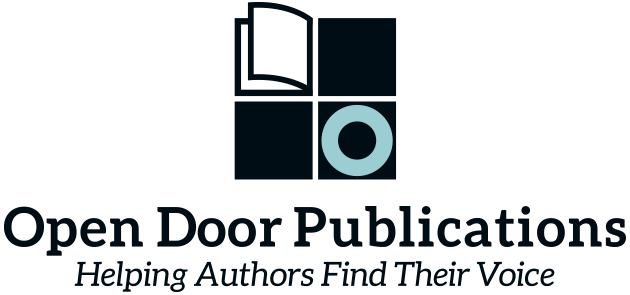Times have changed. Today, new printing techniques and the Internet have made it possible for anyone with a great idea to bypass the major publishing houses and bring that idea directly to the readers. E-books are also dramatically changing the way in which books are distributed. Self-publishing has become a very viable option for many authors today. In fact, with the advent of a variety of budget book and e-book printers, you can publish a book practically at no cost.
I had a conversation with an author recently who was wondering why he would ever pay a publishing house or even a printer again, when he could publish his books for almost nothing through one of the many do-it-yourself publishing services now available. Of course, he was also wondering why a well-known, national public relations firm would not take him as a client.
“How many books have you sold?” I asked him.
“I’ve sold 50,” he told me proudly.
“Were any of them sold on Amazon.com?” I asked.
No, he confessed, his 50 books had been sold to friends and family or through a local bookstore in his small town that had agreed to carry his books.
I looked at his cover: plain, one color background with the title centered in Times New Roman font. I suggested he make changes to the cover to make it more attractive to readers, but he was uninterested. A more elaborate cover would cost more money with his service, and he was unwilling to spend it. He wanted to sell more books, he wanted to get national publicity, but he was unwilling to do any of the things that would make this possible.
Don’t get me wrong, do-it-yourself services have a place in publishing and always have. But if you want your book to have more credibility and more sales than just friends and family, you need to look for a different publishing model. Many of the do-it-yourself publishing houses either lack credibility or make it difficult for bookstores to sell their books.
These services don’t always “play nice with bookstores,” one bookstore owner told me. “They are in the business of making money for themselves, not in helping authors sell books at bookstores.” Some of these do-it-yourself publishers will not sell books at a wholesale price to bookstores, and stores cannot purchase books at a cost of retail plus shipping and still make a profit. The same is true of budget e-book publishing sites that promise to help you by-pass almost all fees while also bypassing all major bookstore websites, also.
Today, authors are no longer stuck with only two choices: the search for an agent and giant publishing house to pick your book or the do-it-yourself method. There are three basic models for publishing: traditional, do-it-yourself, and assisted. The assisted self-publishers also have many different models for payment, including a “buy-in model where the author guarantees to purchase a certain number of books, and publishers who ask the author to pay for production, marketing and other services.
Smaller, independent publishers often look for authors who are writing for niche markets. These books may not become the next national blockbuster, but they do have a market. If you are writing a book for a niche market, a smaller publishing house may be a good choice for you.
Partnership publishing is a term that is being used more frequently in the publishing world. Partnership publishers usually charge an up-front fee for production or they may ask the author for a “buy-in.” In other words, to publish the work the author is required to buy a certain number of books that can range anywhere from a few hundred to 1,000.
A good independent or partnership publisher will handle the many technical details involved in taking a manuscript and turning it into a marketable book. These include:
• Designing a professional-looking cover that sells your book.
• Correctly formatting all of the interior pages of the book and handling any special graphics, charts, graphs, etc., so that they print well and look professional.
• Registering the book for its International Standard Book Number (ISBN) and barcode.
• Working with the printer and distributor.
• Making sure that your book is available through all appropriate book websites.
I have read many writers’ posts on blogs or LinkedIn groups and I understand that they often feel that publishing houses that ask the author to pay for services are attempting to “rip them off.”
Yes, as an author you can handle all of these services yourself. But do you really want to? Ask yourself if you have the time and the ability to become an expert in every area of book production. You need a professional editor to objectively edit your own work, and I would suggest that hiring other experts to help you with all of the other aspects of book publishing only makes sense in today’s competitive world of publishing.
If you are an expert in graphic arts, editing, proofreading, formatting the interior pages of your book, indexing, marketing, sales and book distribution, then you should go ahead and do it all yourself. If you aren’t an expert in all of these areas and don’t have the time or the desire to become an expert, then look for a publisher who will help you with the services you need.
